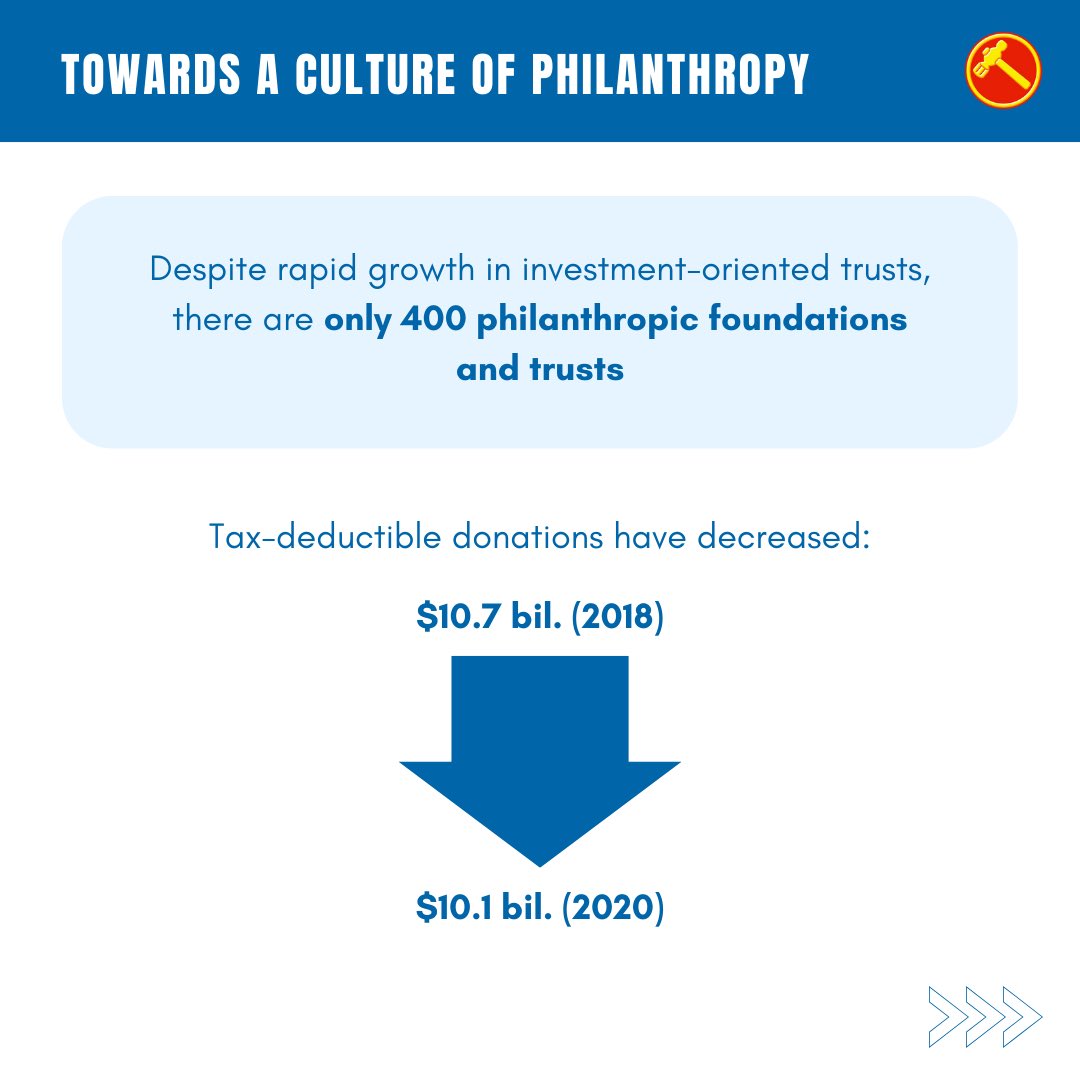The idea of trusts and foundations may conjure up images of rich people and their lofty estates, and seems to be far removed from the everyday concerns of most Singaporeans. (1/n) 

But the truth is, most of us have encountered trusts in some form. We donate to charities, which is a type of trust. We nominate beneficiaries for insurance or CPF, both of which are trust arrangements. (2/n)
And if you invest, you may have purchased a share in a unit trust, or a real estate investment trust (or REIT). So in reality, most of us have at least a passing familiarity with what a trust is, and how they play a role in our lives. (3/n)
Business trusts (BTs) are somewhat less familiar, but fulfill a similar function: they allow the assets and liabilities of a business to be delegated to another individual for management. Think of it as another way to organize a business (other than as a corporation). (4/n) 

We don’t need to go into why businesses may choose the trust structure. Such flexibility is good for businesses, of course. But it’s fair to ask if this choice—which, by design, does not require regular distributions and permits leverage—may be detrimental to the economy. (5/n) 

One concern is that business trusts may be a loophole for REITs to take on excess debt. Of the 18 registered BTs, 11 have something to do with real estate. Excess leverage in housing is one of the drivers of financial crises. Should we be worried? (6/n)
Another concern is that corporations may routinely exhibit prosocial behavior, which is more unlikely in a BT. Firms in China and Japan routinely weight employment considerations over profit. German firms consider not only shareholder but stakeholder interests. (7/n) 

If the BT structure proliferates, we can be less confident that cut-throat capitalism doesn’t rule the day, to the detriment of our workers and economy at large. This could lead to quicker layoffs during a recession, or escalating rent and sales prices. (8/n)
But we can align trusts for the social good. One way is to introduce even stronger incentives for BTs to be willing to write off charitable donations. More generally, we can foster a culture of philanthropy by promoting foundations and trusts in our society. (9/n) 

We are no longer a poor country, and we have many high net worth individuals in our midst (as Crazy Rich Asians reminds us). But our philanthropic culture is still pretty rudimentary, and our foundations and nonprofit sector comparatively underdeveloped. (10/n) 

We can expand the range of socially-beneficial activities that the well-off in our society can contribute to. A broader regime of naming rights. Greater support for nonprofit formation and funding via foundation grants. Building our grantwriting community. (11/n) 

There is actually a lot of complementarity between the supply and demand side of philanthropy. Many wealth management outfits serve donor trusts, foundations, and nonprofits under the same umbrella. (12/n)
My hope is that the well-to-do and wealthy, along with trusts and foundations, will become a greater part of our nation’s philanthropic landscape and social fabric. #makingyourvotecount (n/n)
• • •
Missing some Tweet in this thread? You can try to
force a refresh













